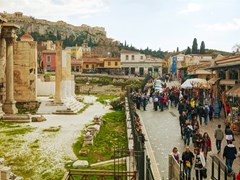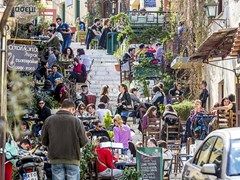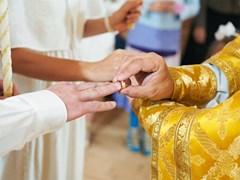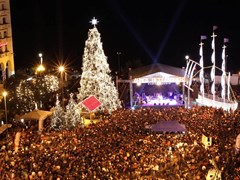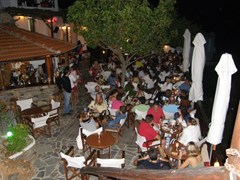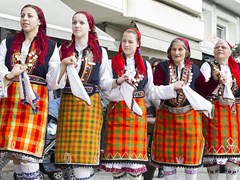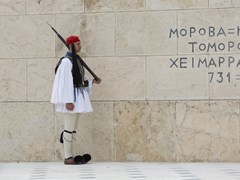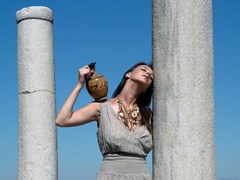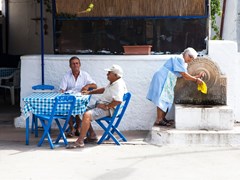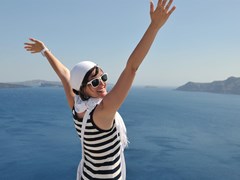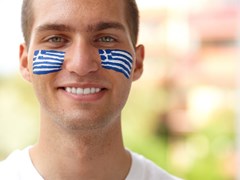Choose your country
- Global - english
- Armenia - русский
- Azerbaijan - русский
- Belarus - русский
- Bulgaria - български
- Cyprus - ελληνικά
- Estonia - eesti Estonia - русский
- Georgia - ქართული Georgia - русский
- Germany - deutsch
- Greece - ελληνικά
- Hungary - magyar
- Kazakhstan - русский
- Latvia - latviešu Latvia - русский
- Moldavia - русский
- Poland - polski
- Romania - românesc
- Russia - русский
- Serbia - српски
- Turkey - türk
- Ukraine - українська Ukraine - русский
Mouzenidis Group
- Moscow
- St. Petersburg
- Ekaterinburg
- Krasnodar
- Lipetsk
- Novosibirsk
- Omsk
- Penza
- Rostov-on-Don
- Samara
- Togliatti
- Tyumen
- Ulyanovsk
- Volgograd
- Voronezh
- z_Ессентуки
- z_Кисловодск
- z_Пятигорск
- Адлер
- Альметьевск
- Армавир
- Архангельск
- Астрахань
- Балашиха
- Барнаул
- Белгород
- Бронницы
- Брянск
- Верхняя Пышма
- Видное
- Владикавказ
- Волжский
- Вологда
- Выборг
- Гатчина
- Георгиевск
- Дзержинск
- Димитровград
- Дмитров
- Долгопрудный
- Домодедово
- Дубна
- Дюртюли
- Елец
- Железнодорожный
- Жуковский
- Звенигород
- Зеленоград
- Иваново
- Ижевск
- Истра
- Йошкар-Ола
- Казань
- Калининград
- Калуга
- Каменск-Уральский
- Камышин
- Кемерово
- Киров
- Кирово-Чепецк
- Ковров
- Коломна
- Колпино
- Коркино
- Королёв
- Кострома
- Красногорск
- Краснознаменск
- Красноярск
- Крымск
- Курган
- Курск
- Ломоносов
- Люберцы
- Магнитогорск
- Минеральные Воды
- Мичуринск
- Можайск
- Мончегорск
- Московский
- Мурманск
- Муром
- Мытищи
- Набережные Челны
- Нальчик
- Нефтеюганск
- Нижнекамск
- Нижний Новгород
- Нижний Тагил
- Новокузнецк
- Новокуйбышевск
- Новороссийск
- Новый Уренгой
- Ногинск
- Норильск
- Обнинск
- Одинцово
- Орел
- Оренбург
- Павлово
- Павловский Посад
- Пермь
- Петрозаводск
- Подольск
- Приморско-Ахтарск
- Псков
- Пушкин (Спб)
- Раменское
- Реутов
- Ржев
- Рязань
- Саранск
- Саратов
- Сергиев-Посад
- Серпухов
- Славянск-на-Кубани
- Смоленск
- Солнечногорск
- Сочи
- ст. Павловская
- Ставрополь
- Старый Оскол
- Ступино
- Сургут
- Таганрог
- Тамбов
- Тверь
- Томск
- Троицк
- Туапсе
- Туймазы
- Тула
- Уфа
- Фрязино
- Хабаровск
- Ханты-Мансийск
- Химки
- Целина
- Чебоксары
- Челябинск
- Череповец
- Черкесск
- Чехов
- Шатура
- Щёлково
- Электросталь
- Энгельс
- Ярославль
- яя_Old_Горячий Ключ
What are the Greeks like?
Many people strive to visit Greece, which was destined to become the cradle of the European civilization. When you set your foot on the “land of gods and heroes” you can feel the significance of arts of Ancient Greece. Greek arts are harmonically combined with Greek nature that has nothing excessive and overwhelming and with the Greek character, though modern Greeks greatly differ from their far ancestors.
Welcome to Greece
The Greeks still have their welcome mat out. It is they who, after all, make Greece. Without the indomitable friendliness of the Greeks themselves, Greece would be a different place altogether. Their zest for life, curiosity and warm hospitality are the essential components of a Greek vacation that make a visitor's experience in the country inevitably unforgettable for all the good reasons. Despite of all the difficulties, the Greeks manage to maintain their joie de vivre, spontaneity and optimism.
Healthy Attitude towards Life
Among other Europeans the Greeks are notable for their quiet and philosophical attitude towards life. The Greek men are loveful and are Europe’s champions in longevity. The criminal rate is rather low, which contributes to a healthy attitude of the Greeks towards life. Despite of a great number of churches and monasteries, the Greeks are moderately religious. Almost all people attend churches, but the majority only on Sundays and on big holidays such as Christmas and Easter. The Greeks are proud of their centuries-old history. They don’t destruct memorials, don’t curse their past and always feel themselves the ancestors of the ancient Greeks. They love to amuse themselves and know how to do it. Taking into account the warm climate, they like to be in public places, out-of-doors, in the fresh air.
Siesta Time
Nowhere in Europe there are so many festivals, holidays and days off as in Greece. In the number of restaurants, taverns, bars and discos Greece also has no rivals. The Greeks cannot deny themselves the pleasure of “siesta time” (14.00-17.00). In these hours the cities and towns get empty, the shops close. The Greeks eat their midday meal and take a nap. However, this custom doesn’t concern tourist areas. From 21.00 begins a night life in Greece, which is very diverse. The Greeks go out to taverns, bars and Greek night clubs, bouzoukia, with live music.
Dancing
The dance, of all the arts, is the one that most influences the soul. Dancing is divine in its nature and is the gift of the gods. Plato
Almost every Greek takes great pleasure in dancing. Dancing in Greece still fulfills its primary social function - it brings people together at various celebrations. All regions and islands of Greece have their own style and choreography, but there are some pan-Hellenic dances such as syrtos, sirtaki, hasapiko, etc.
Dress Code
It’s easy to get along with the Greeks - you have to follow the customary norms of behavior. Visiting churches and monasteries you have to respect the religious feelings of Greeks. All the monasteries and churches apply the same rules in Greece. Some dress code restrictions apply to women and men. The official rule for monasteries and churches is no pants for women (but they don’t have to cover their head), no shorts for men, knees and shoulders covered. At the entrance of many monasteries, pieces of fabric (long skirts, wide trousers or robes) are available for visitors that are wearing shorts.

